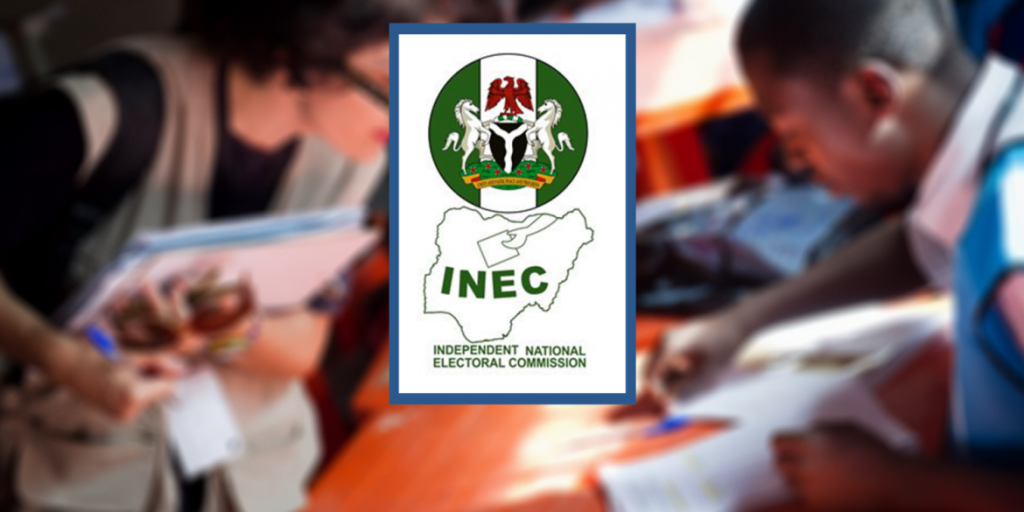By Omeiza Ajayi
ABUJA: The Independent National Electoral Commission INEC has called for constitutional and legal reforms to permit early voting for essential workers, including members of the armed forces, election officials, journalists and other personnel who are unable to cast their ballots on election day due to their national assignments.
The recommendation is contained in INEC’s new publication, Election Management in Nigeria: 2015–2025, which Foreword was written by the immediate-past Chairman of the Commission, Professor Mahmood Yakubu.
The 200-page book documents key milestones, reforms and challenges in election administration over the past decade.
INEC noted that while it has expanded access to polling units, deployed technologies like the Bi-Modal Voter Accreditation System BVAS and promoted inclusivity for Persons with Disabilities PwDs, Internally Displaced Persons IDPs, women and youths, a significant category of voters remains disenfranchised during elections.
“Security agents, election officials, transport providers and even journalists engaged on election duty are often unable to exercise their rights to vote because they are deployed on national service on election day. It is time for the country to seriously consider constitutional and legal amendments to allow for early voting for this class of voter.
“However, for this to happen, there is need to amend Articles 44 and 45 of the Electoral Act 2022 to enable INEC to publish the notice for such election, specifying the day and hour for the election, the persons entitled to vote and the location of the polling units where voting will take place. Once this is done, the Commission will develop the regulations and guidelines to govern the conduct of the election
with details on the persons qualified to vote, as well as the location, date, time, processes and procedures for voting”, the commission stated.
The commission stressed that Nigeria could learn from other democracies where provisions exist for absentee or early voting for categories of citizens who cannot be physically present at polling units on election day.
It argued that adopting such a reform would not only strengthen inclusivity but also affirm the rights of citizens who sacrifice their personal franchise to ensure smooth conduct of elections.
No tech-driven elections
INEC also cautioned against what it described as the “misconception” that technology alone can guarantee credible elections, stressing that Nigeria’s polls must remain process-driven, with technology serving only as a support tool.
Outlining its guiding principles for adopting and deploying digital tools in election management, the Commission said while technology has improved efficiency in voter registration, accreditation and result transmission, it is not a substitute for trust, transparency and robust electoral processes.
“Technology supports elections; it should not drive them. Elections must remain technology-supported, not technology-driven, as many commentators erroneously often advocate”, INEC stated.
The Commission argued that technology, no matter how advanced, cannot resolve underlying issues of electoral credibility without transparency, legal clarity and stakeholder confidence. Instead, it can only “buy time by increasing efficiency, but not buy trust.”
INEC also warned against the blind adoption of expensive, off-the-shelf technologies without tailoring them to Nigeria’s peculiar environment. Instead, it prefers to design its systems internally and collaborate with reputable firms to custom-build solutions.
The Commission’s Policy on Election Technology Acquisition and Deployment PETAD lays out 10 principles that have guided its decisions since 2015. Among them are ensuring every system has fallback mechanisms in case of failure, prioritizing security with a mix of licensed and open-source software, and piloting technologies in phases before full-scale deployment.
These principles, it said, shaped innovations such as the Bi-Modal Voter Accreditation System BVAS, the INEC Voter Enrolment Device IVED,, and the INEC Results Viewing IReV portal.
However, INEC stressed that these technologies were designed to enhance its processes, not dictate them.
It insisted that without building public trust, strengthening legal frameworks and addressing human-driven challenges like vote-buying and violence, no amount of technology will ever deliver credible elections in Nigeria.
The post 2027: INEC seeks legal amendments to allow early voting for Security Agents, other essential workers appeared first on Vanguard News.

